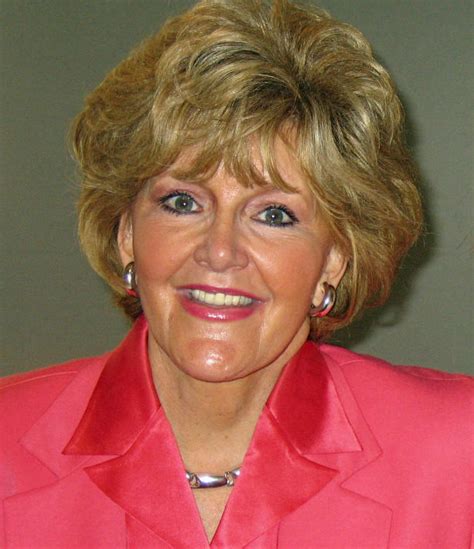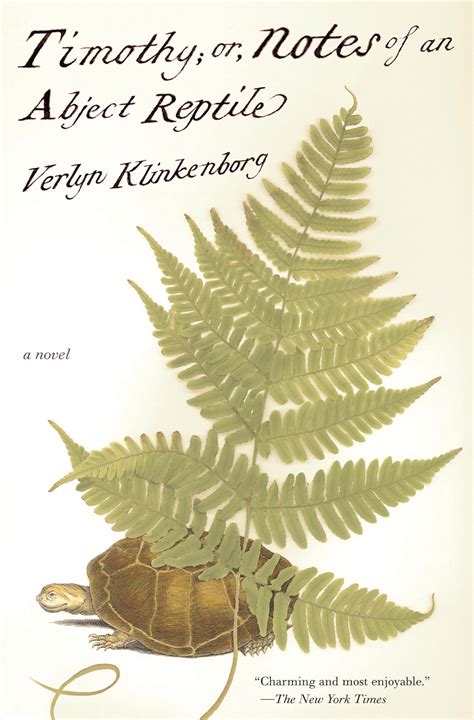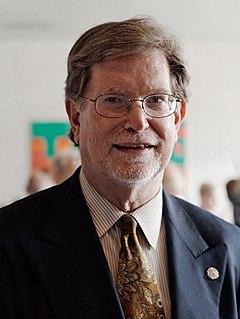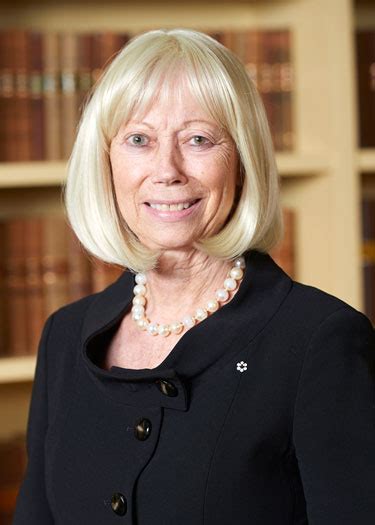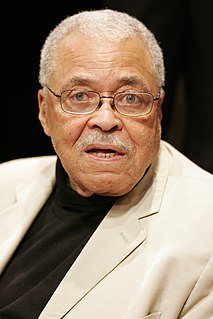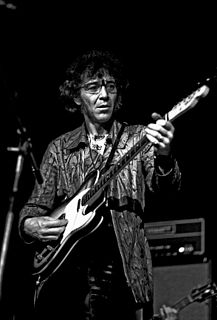A Quote by Clifford D. Simak
We came into a homeless frontier, a place where we were not welcome, where nothing that lived was welcome, where thought and logic were abhorrent and we were frightened, but we went into this place because the universe lay before us, and if we were to know ourselves, we must know the universe
Related Quotes
Anti-Semitism is best understood as a virus. It has no logic. Jews were hated because they were rich and because they were poor; because they were capitalists and because they were communists; because they held tenaciously to an ancient faith and because they were rootless cosmopolitans, believing nothing. Hate needs no logic. It is a sickness of the soul.
The people of Jesus' day thought holy men were unapproachable. But Jesus' work was in the marketplace. He made people feel welcome, and that they had a place. His life was a constant demonstration that there were only two things that really mattered in this life-God and people. They were the only things that lasted forever.
My ambition for station was always easily controlled. If the place came to me it was welcome. But it never seemed to me worth seeking at the cost of self-respect, or independence. My family were not historic; they were well-to-do, did not hold or seek office. It was easy for me to be contented in private life. An honor was no honor to me, if obtained by my own seeking.
I actually like south Florida. I never lived in a more interesting place than this. I've never met a wider range of people. I guess when I came here I thought there were Cubans and then there were people from New York and that was Miami. Now I know that it's Cubans, people from New York, and some people from New Jersey.
We were together because we were addicted to each other. I was never as intoxicated as I was when we were happy together, and I knew it was the same for him. We were putting ourselves through the wringer for those moments of perfection between us, but they were so tenuous that only our stubbornness, determination and love kept us fighting for them.
Do you remember when you were 10 or 11 years old and you really thought your folks were the best? They were completely omniscient and you took their word for everything. And then you got older and you went through this hideous age when suddenly they were the devil, they were bullies, and they didn't know anything.
It's so Canada. On some level, you laugh, but on another level, it's just depressing. We pride ourselves: We're not like the bad old U.S. where they had segregation, whites-only washrooms and hotels. We think we were the capital of the Underground Railroad, we were the place to where the slaves escaped, we were a much better country. But in fact, some of the black people in Canada at the time said, 'It's actually much easier in the United States because you know which hotels, restaurants, theatres won't let you in because the signs are there. In Canada, you never know.'
The newspaper stories were like dreams to us, bad dreams dreamt by others. How awful, we would say, and they were, but they were awful without being believable. They were too melodramatic, they had a dimension that was not the dimension of our lives. We were the people who were not in the papers. We lived in the blank white spaces at the edges of print. It gave us more freedom. We lived in the gaps between the stories.


